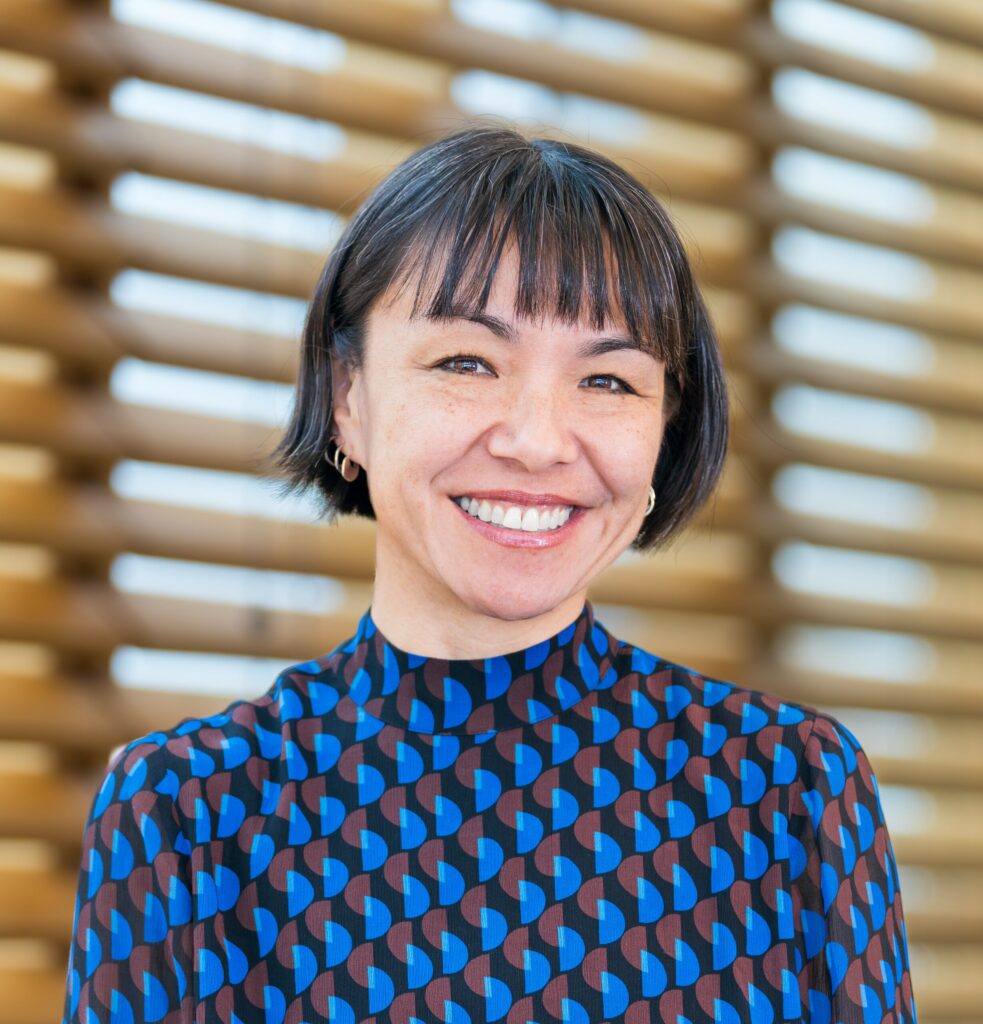
As part of York University’s commitment to fostering a respectful and inclusive community for all, Inclusion Week – which runs from March 3 to 7 this year – serves as a pan-University opportunity to explore critical issues central to decolonizing, equity, diversity and inclusion (DEDI) while building skills that help create more inclusive environments at York and beyond.
Since its introduction, Inclusion Week – which offers a series of in-person and virtual events – has served as a testament to the collaborative spirit of the York community. Working together with the Centre for Human Rights, Equity and Inclusion, the programming is organized and hosted by a range of pan-University individuals, organizations and offices.
The collaboration ensures diverse perspectives and expertise, enrichening dialogue and learning opportunities for all participants. It also fosters a climate of understanding and mutual respect, where every community member feels valued and able to contribute fully to the University’s development and well-being.
The occasion aligns with York’s broader efforts demonstrating leadership in DEDI and United Nations' (UN) Sustainable Development Goals (SDGs), including the recent appointment of York as United Nations Academic Impact (UNAI) Hub Chair for Sustainable Development Goal 10 – Reducing Inequality for a three-year term from 2025-27.

“Inclusion Week is an important annual event, allowing the community to highlight the important work they have undertaken in advancing inclusion and the SDGs, and also to interrogate our understandings of the principles and concepts that underpin the DEDI Strategy,” says Laina Bay-Cheng, vice-president equity, people and culture at York University.
Each year, Inclusion Week features a different theme that serves as a throughline for all the events hosted throughout the week. While recent Inclusion Weeks have looked to the future and the past, this year’s theme – “Paradox of Inclusion” – asks participants to navigate the nuances and complexities of the present. Throughout the week, York members are invited to consider: how sometimes inclusion can feel performative or corporatized when social and political contexts are ignored; how to unlearn outdated practices and build fresh, meaningful approaches to inclusion; and more.
Helping explore the theme are events organized by a wide range of York community members, including the Office of Women's Health Research Chair in Mental Health, The Centre for Sexual Violence Response, Support & Education, Residence Life, the Black Inclusion and Advocacy Committee, Teaching Commons and Student Accessibility Services.
Among the events this year are in-person sessions covering decolonizing notions of empathy, a chance to express what inclusion can look like through art, advance understanding of allyship, the paradox of accommodation in a disabled and disabling world, and more.
“The robust schedule of inclusion week reflects the pluralist approach York has taken to activating work related to the DEDI Strategy and the UN SDGs,” says Bay-Cheng. “I am pleased that the University community has worked hard to explore this year's theme of the Paradox of Inclusion and I hope that we will see engagement beyond just this week in the important work being taken up by the community.”
Further information about Inclusion Week – and its events – can be found on the Inclusion Week 2025 website.
